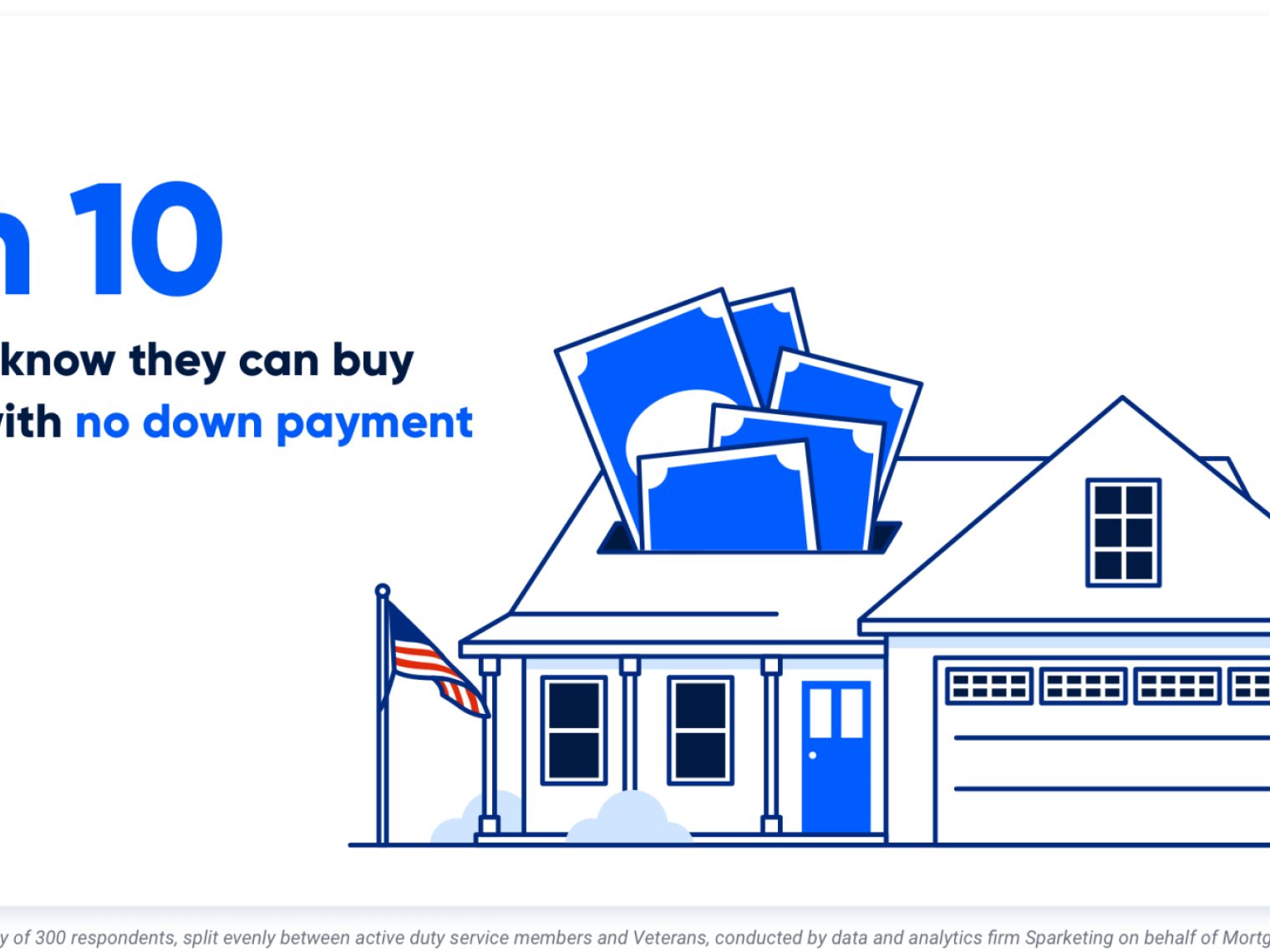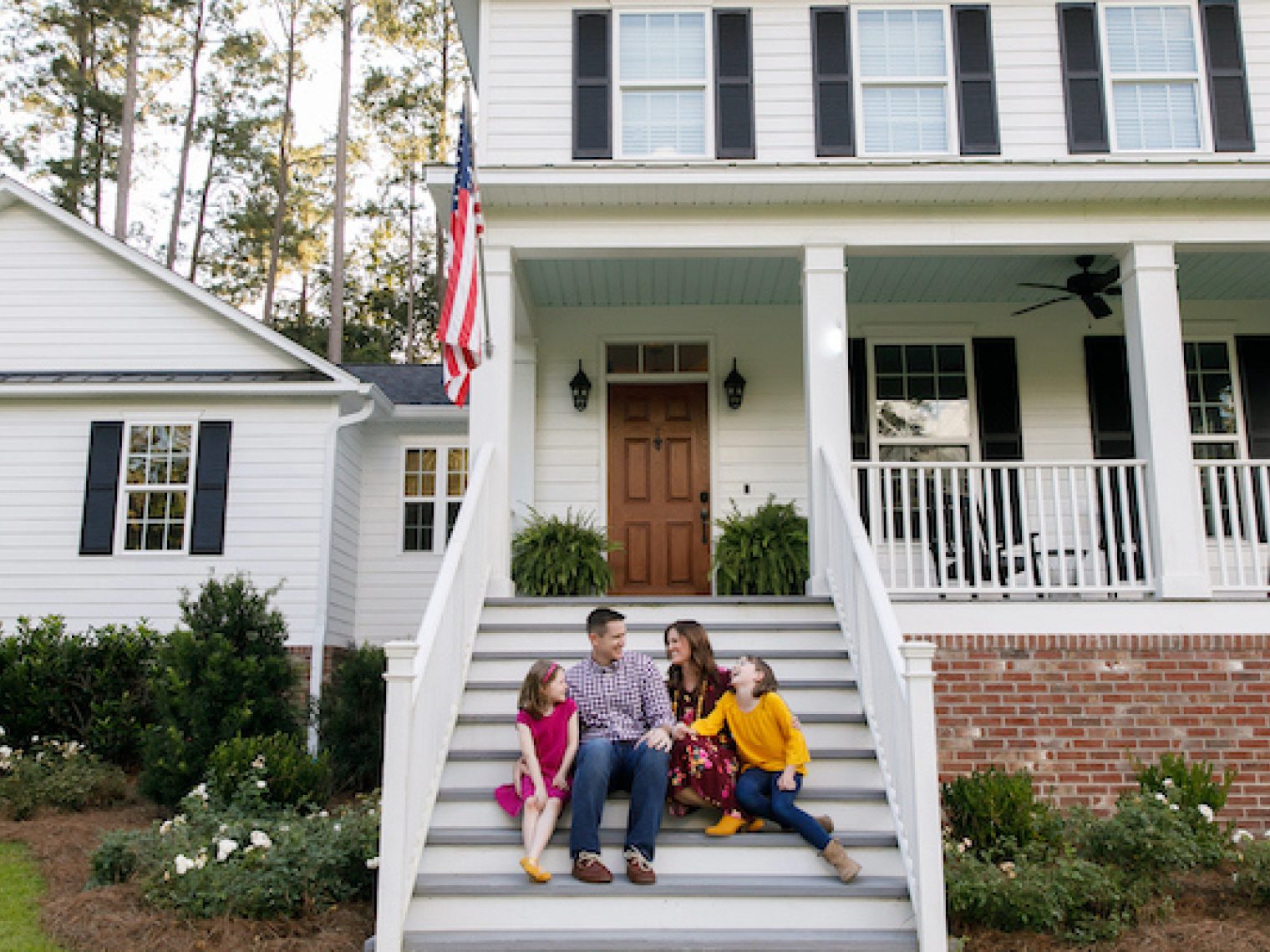Three little “S” words: They can make or break a VA appraisal.
If you’re familiar with the three “S’s” of the VA appraisal, you’re on track for a successful VA purchase. The VA appraisal ensures each home purchased with a VA loan is:
- Safe
- Sound
- Sanitary
VA appraisers conduct a thorough review of each home to be financed with a VA loan. Homes that don’t meet the criteria of “safe, structurally sound and sanitary” must be repaired before a VA loan can move through escrow.
How does a VA appraiser make those determinations? Read on.
Safe.
Homes purchased with VA loans must be safe. Period. The VA appraiser will examine each part of the home for potential safety hazards, which might include the following:
- Unsafe mechanical systems
- Unstable porches or decks
- Stairways without handrails
- Decks without guardrails
- Peeling paint on a pre-1979 home (may be lead-based)
- Exposed electrical wires
- Overloaded fuse box
Structurally Sound.
Structural integrity is yet another basic requirement for homes purchased with VA loans. Major structural repairs can turn into heavy financial burdens for new home buyers. To help service members avoid costly surprises, VA appraisers will cautiously evaluate a home for structural weaknesses such as:
- Crumbling / cracked foundations
- Large holes in floors, walls or ceilings
- Exposed exterior wood
- Dry rot
- Roof leaks or damage (roofs generally need to have at least five viable years remaining)
- Wet basements or crawl spaces
- Defective gutters / downspouts
- Poor ventilation
- Poor lot drainage
Sanitary.
A home also needs to meet rudimentary sanitation guidelines to garner final VA loan approval. Sanitary issues that could make a purchase “subject to” repair might include the following:
- Unsafe method of sewage disposal
- Termite or pest infestation
- Mold
- Water supply that is unsafe for human consumption
What if a Problem is Discovered?
So you’ve found a great home. The price is right. You’ve set a closing date.
But suddenly the VA appraiser delivers disappointment in the form of “repairs ordered.”
Don’t panic. A VA-ordered repair isn’t a death sentence for your deal. Buyers should start by evaluating the type of repair ordered. Is it a quick fix? Then ask the seller to complete the repair. With luck, the deficiency will be addressed and the purchase back on track.
But if you have time-consuming or expensive repairs ahead, consider your options. Are the problems too overwhelming to deal with? Are the sellers refusing to complete the needed repairs? Is your gut telling you to get back on the house hunt?
A home with major problems might never be repaired to your (or the VA’s) satisfaction. In that case, it’s time to put yourself back on the (housing) market. Talk to your agent and your lender, and make an educated decision before proceeding.
Think of it this way: A home is likely to be your biggest investment to date. Avoid making it your biggest nightmare by trusting your instincts and making a smart financial decision.
VA appraisals are an essential part of the VA home loan process. If you have questions about the VA appraisal, you can speak with a Veterans United loan specialist anytime at 855-870-8845 or comment below.
Related Posts
-
 VA Loan Down Payment RequirementsVA loans have no down payment requirements as long as the Veteran has full entitlement, but only 3-in-10 Veterans know they can buy a home loan with zero down payment. Here’s what Veterans need to know about VA loan down payment requirements.
VA Loan Down Payment RequirementsVA loans have no down payment requirements as long as the Veteran has full entitlement, but only 3-in-10 Veterans know they can buy a home loan with zero down payment. Here’s what Veterans need to know about VA loan down payment requirements. -
 5 Most Common VA Loan Myths BustedVA loan myths confuse and deter many VA loan borrowers. Here we debunk 5 of the most common VA loan myths so that you can borrow with confidence.
5 Most Common VA Loan Myths BustedVA loan myths confuse and deter many VA loan borrowers. Here we debunk 5 of the most common VA loan myths so that you can borrow with confidence.


